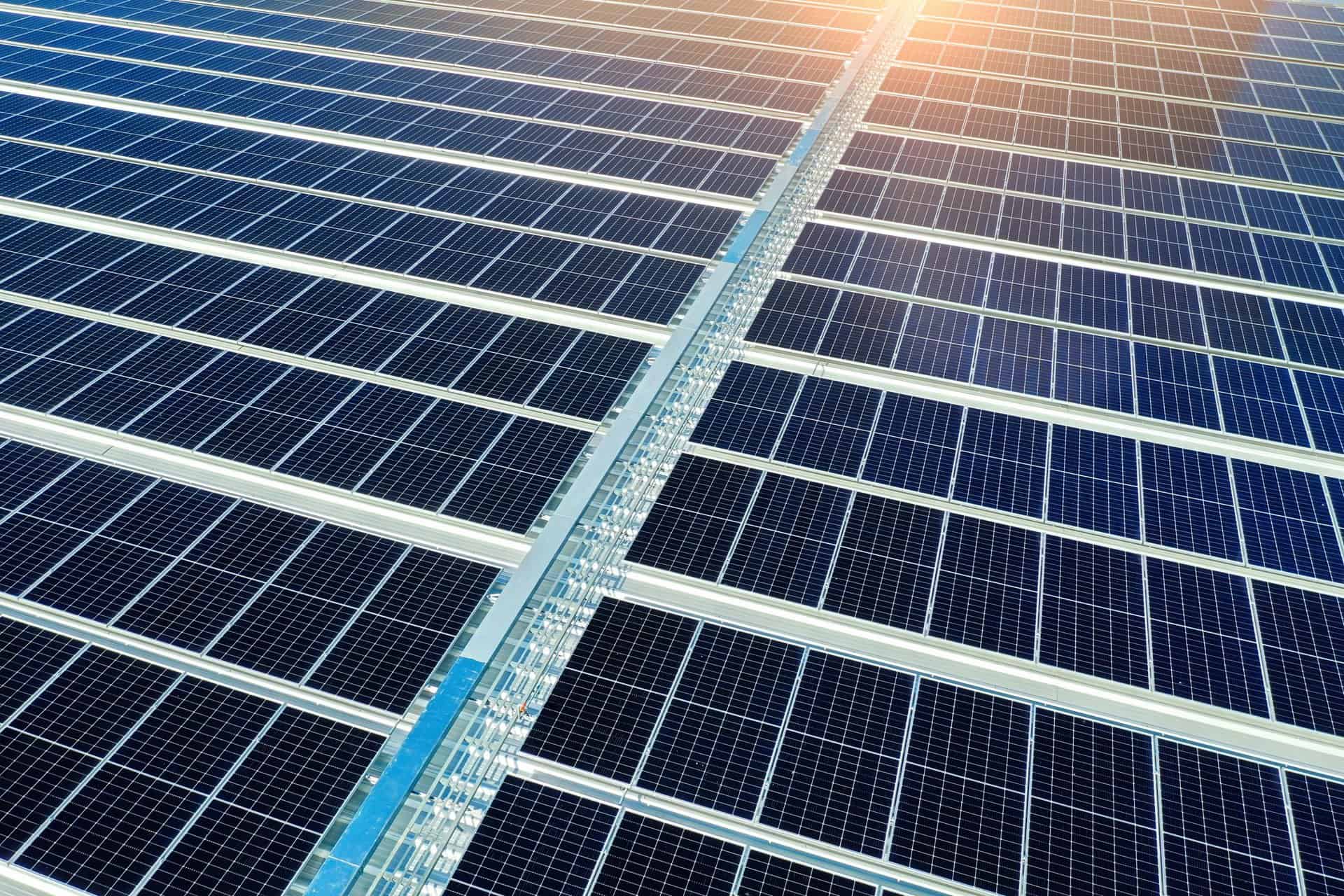In the realm of renewable energy, solar panels have emerged as a beacon of hope and innovation. The concept of utilizing solar energy to power our homes and businesses is not just a futuristic dream but a present-day reality. Among the various applications of solar technology, the off-grid solar system stands out as a remarkable solution for energy independence and sustainability.
Understanding Off-Grid Solar Systems
An off-grid solar system operates independently of the traditional electric grid. This system is a self-sufficient energy solution that relies solely on solar panels to generate electricity. It’s particularly beneficial in remote locations where grid connection is either unavailable or prohibitively expensive. The core components of an off-grid system include solar panels, a battery bank for energy storage, a charge controller, and an inverter.
The Role of Solar Panels in Off-Grid Systems
Solar panels are at the heart of any off-grid system. These panels harness solar energy and convert it into electricity. The efficiency and quality of solar panels play a crucial role in the overall performance of the system. High-quality solar panels ensure a more consistent and reliable energy supply, making them an essential component of off-grid living.
Storing Solar Energy for Consistent Power Supply
A key challenge with solar energy is its intermittent nature – the sun doesn’t shine all the time. This is where the battery bank comes into play in an off-grid solar system. By storing excess energy produced during sunny periods, the battery bank ensures a continuous power supply, even when the sun isn’t shining.
The Importance of Charge Controllers and Inverters
Charge controllers protect the batteries from being overcharged by regulating the flow of electricity. On the other hand, inverters are critical for converting the direct current (DC) electricity stored in the batteries into alternating current (AC) electricity, which is used by most household appliances.
Why Choose an Off-Grid Solar System?
- Energy Independence: Off-grid solar systems provide complete independence from utility companies, offering a sense of freedom and self-reliance.
- Environmental Benefits: Solar energy is clean and renewable, reducing your carbon footprint and helping combat climate change.
- Cost-Effective: In the long term, off-grid systems can be more cost-effective, especially in remote areas where grid connection is expensive.
- Reliability: With advancements in technology, off-grid solar systems have become increasingly reliable, providing consistent power even in areas with inconsistent sunlight.
Conclusion
Embracing an off-grid solar system is not just about using solar panels; it’s about a commitment to a sustainable and self-sufficient lifestyle. As the world moves towards renewable sources of energy, solar panels and off-grid systems stand at the forefront of this transition. For those looking to step into the world of solar energy, understanding the nuances of off-grid systems is vital. These systems offer a promising path to energy independence, environmental stewardship, and a sustainable future.
